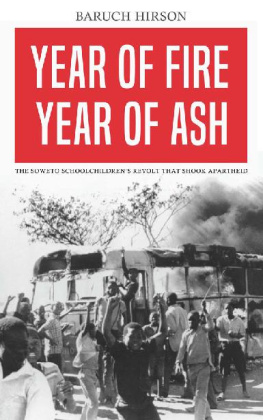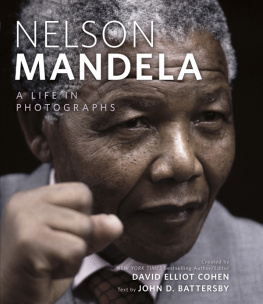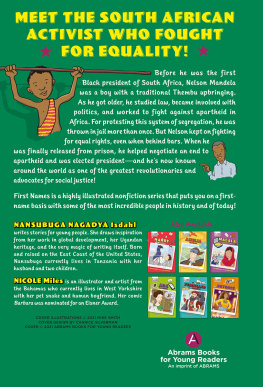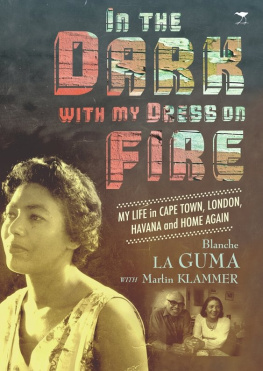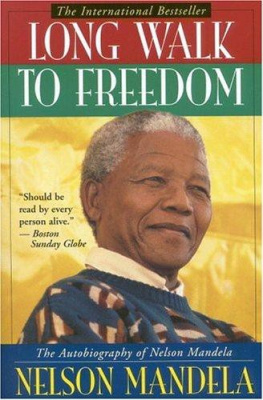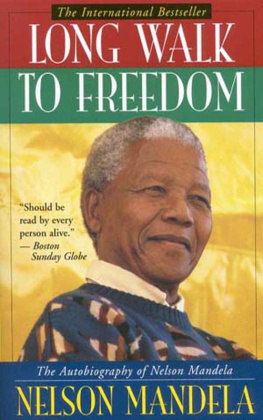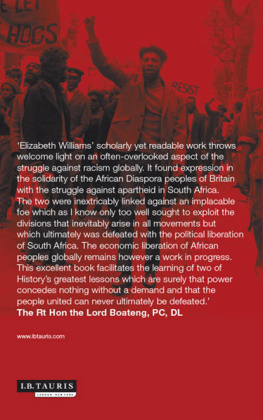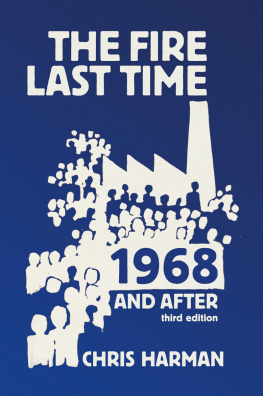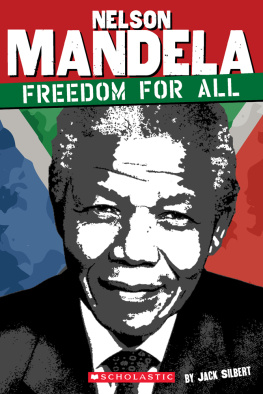YEAR OF FIRE
YEAR OF ASH
About the Author
Baruch Hirson (19211999) was a lifelong activist who spent nine-and-a-half years in South African prisons as a result of his opposition to the apartheid regime. Following his release in 1973 he left for England, where he lectured in history at several universities and produced eight finely written, passionately argued books on the history of the left in South Africa. These include Yours for the Union (1989), The Cape Town Intellectuals (2000) and his autobiography, Revolutions in My Life (1995). He also founded the controversial critical journal Searchlight South Africa . Year of Fire, Year of Ash , originally banned in South Africa, remains the most widely read of all his books.
YEAR OF FIRE
YEAR OF ASH
THE SOWETO SCHOOLCHILDRENS
REVOLT THAT SHOOK APARTHEID
BARUCH HIRSON
Foreword by Shula Marks

Zed Books
LONDON
This edition of Year of Fire, Year of Ash: The Soweto Schoolchildrens Revolt that Shook Apartheid was first published in 2016 by Zed Books Ltd, The Foundry, 17 Oval Way, London SE11 5RR, UK
www.zedbooks.net
Copyright Yael Sherman, 1979
Foreword Shula Marks, 2016
The right of Baruch Hirson to be identified as the author of this work have been asserted by him in accordance with the Copyright, Designs and Patents Act, 1988
Cover design: www.stevenmarsden.com
Cover photo Popperfoto/Getty
All rights reserved. No part of this publication may be reproduced, stored in a retrieval system or transmitted in any form or by any means, electronic, mechanical, photocopying or otherwise, without the prior permission of Zed Books Ltd.
A catalogue record for this book is available from the British Library
ISBN 978-1-78360-896-6 pb
ISBN 978-1-78360-898-0 pdf
ISBN 978-1-78360-899-7 mobi
ISBN 978-1-78360-897-3 epub
This book was originally dedicated to all
political prisoners held in South Africa, and in
particular to those held at Pretoria Local Prison
Contents
Tables and Maps
Tables
Maps
Foreword
Shula Marks
I first met Baruch Hirson in Russell Square on a bitterly cold January morning in 1974, shortly after his arrival in the UK on a one-way ticket from South Africa, where he had spent the previous nine years in gaol for his anti-apartheid activities. Seeing us both, an outsider would have found it difficult to say which one of us had just come out of a South African jail! Within minutes we were immersed in a lively conversation on South African history the first of many subsequent discussions and the possibility of his doing a PhD at SOAS, University of London, where I was teaching. Prevented from maintaining his chosen career as a physics lecturer, Baruch had used his years in prison to acquire, as he puts it in his autobiography, a library of books in his head. By registering for a degree at the distance- learning University of South Africa (UNISA) and then, by dint of following the maze of footnotes and ordering the books on history and politics which looked potentially interesting and relevant, he made his way through some eight hundred books. The UNISA examiners had no choice but to award him a first class degree.
Now he wished to find his feet as an historian, by writing a doctoral thesis on South African history. I remember with chagrin my caution at the time: even then, it was not easy for young historians with doctorates to find university positions and Baruch was already in his early fifties. I suggested that he would be far better off writing his autobiography, or publishing a couple of books as a way into academic life. In the end Baruch did complete a PhD but he achieved far, far more. Over the next thirty years he published no fewer than nine books and dozens of research papers, starting with this remarkable volume, Year of Fire, Year of Ash. And, despite his initial reservations about the role of individuals in history, he even came to write his autobiography, Revolutions in My Life (1995), as well as several empathic biographies of men and women whose lives illuminated, in Tom Lodges words, the political effects of human agency.
Year of Fire, Year of Ash was written in the wake of the dramatic uprising of black schoolchildren in 1976, which erupted but two years after the Hirson family came to London. It was a formidable achievement. It is not only the first detailed account of the schoolchildrens revolt, sparked off by the apartheid governments attempt to impose Afrikaans in their schools, it is also one that has stood the test of time. The amount of detail is extraordinary, given that Hirson observed the upheaval from exile and had little or no direct access to the participants. Re-reading the penultimate chapter of Year of Fire, Year of Ash in the context of present-day South Africa with its economy in crisis, its universities in turmoil, and school education failing to deliver, Hirsons trenchant analysis of the nature of black consciousness and the relationship of black university students to black workers is both prescient and depressing. This is a text for our times.
Shula Marks
London
April 2016
__________
Introduction in Yael Hirson (ed.), History of the Left in South Africa. Writings of Baruch Hirson (I.B. Tauris, 2005), p.xiv.
Abbreviations
AAC | All African Convention |
AAC | Anglo-American Corporation |
ABCFM | American Board of Commissioners for Foreign Missions |
ACROM | Anti-CRC Committee |
ADP | African Democratic Party |
AEM | African Education Movement |
AFRO | Anti-CRC Front |
AICA | African Independent Churches Association |
Anti-CAD | Anti-Coloured Affairs Department |
ANC | African National Congress |
ASSECA | Association for the Educational and Cultural Advancement of the African People |
ATASA | African Teachers Association of South Africa |
BAWU | Black Allied Workers Union |
BCP | Black Community Programmes |
BIC | Bantu Investment Corporation |
BOSS | Bureau of State Security |
BPA | Black Parents Association |
BPC | Black Peoples Convention |
BWC | Black Workers Council |
BWP | Black Workers Project |
BYCA | Black Youth Cultural Association |
BYO | Border Youth Organization |
CFS | Committee for Fairness in Sport |
CI | Christian Institute |
CIS | Counter Information Service |
CNE | Christian National Education |
CPRC | Coloured Persons Representative Council |
CRC | See CPRC |
CYL | Congress Youth League |
FRELIMO | Front for the Liberation of Mozambique |
IDAMASA | Inter-Denominational African Ministers Association |
IIE | Institute for Industrial Education |
JASCO | Junior African Students Congress |
LAY |
Next page
